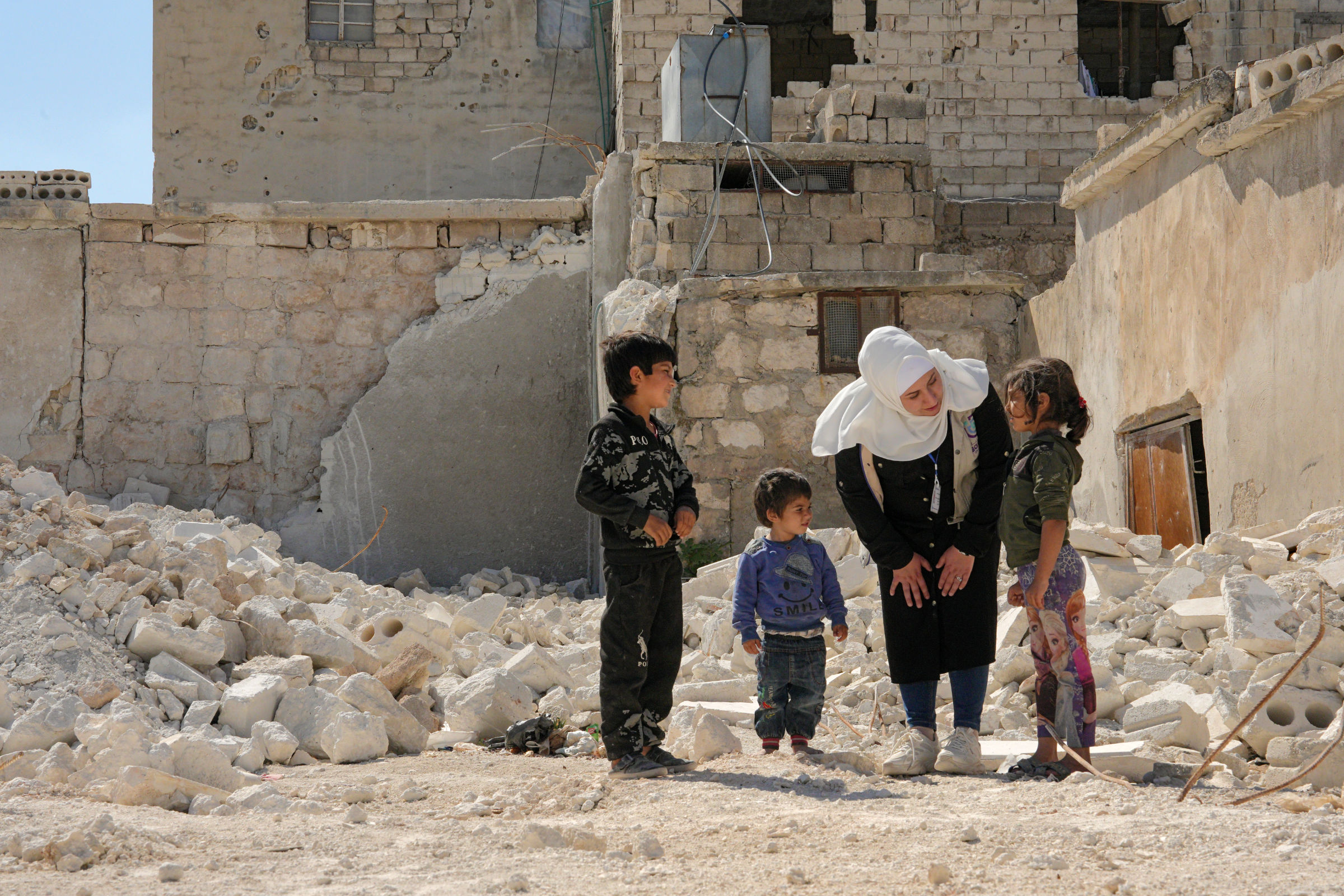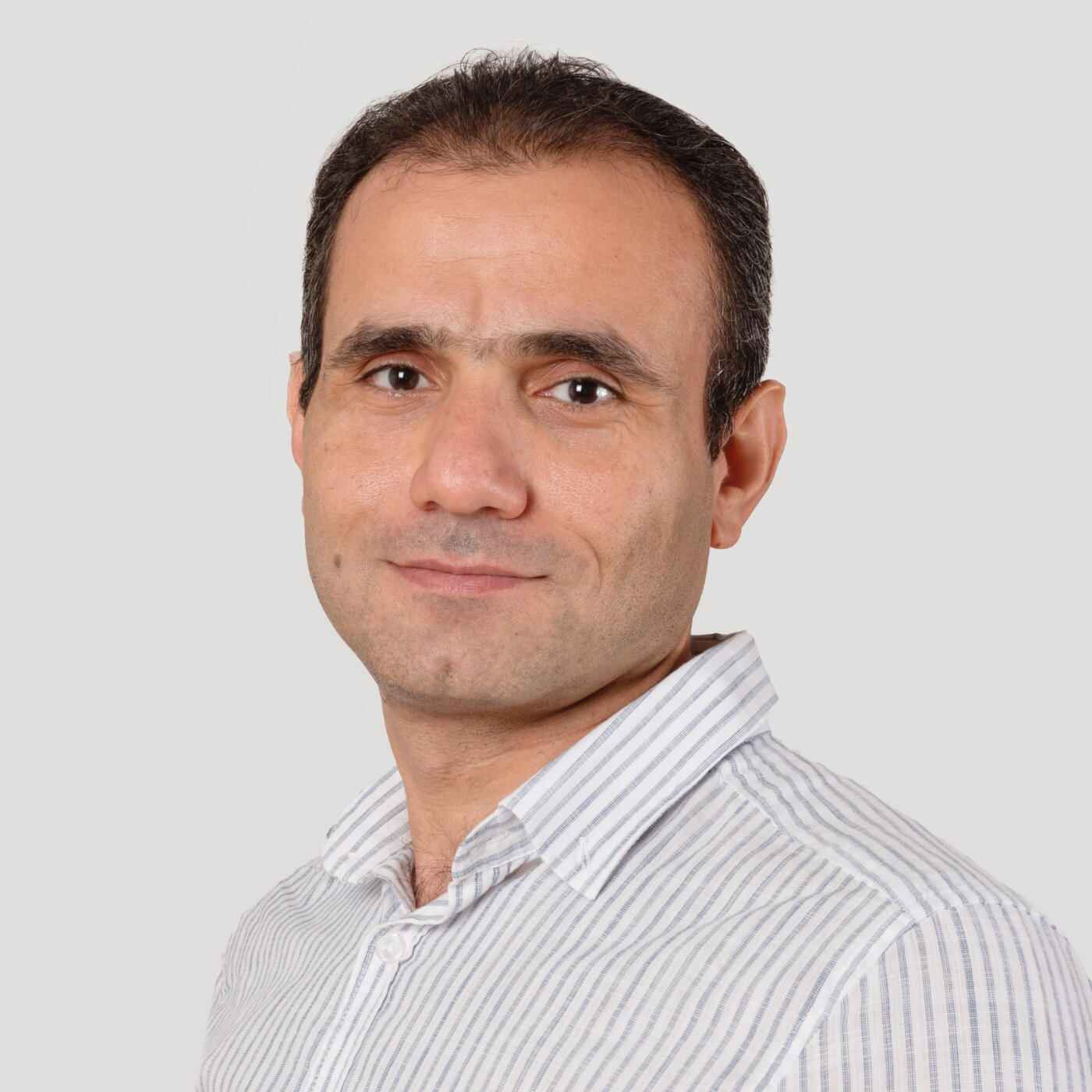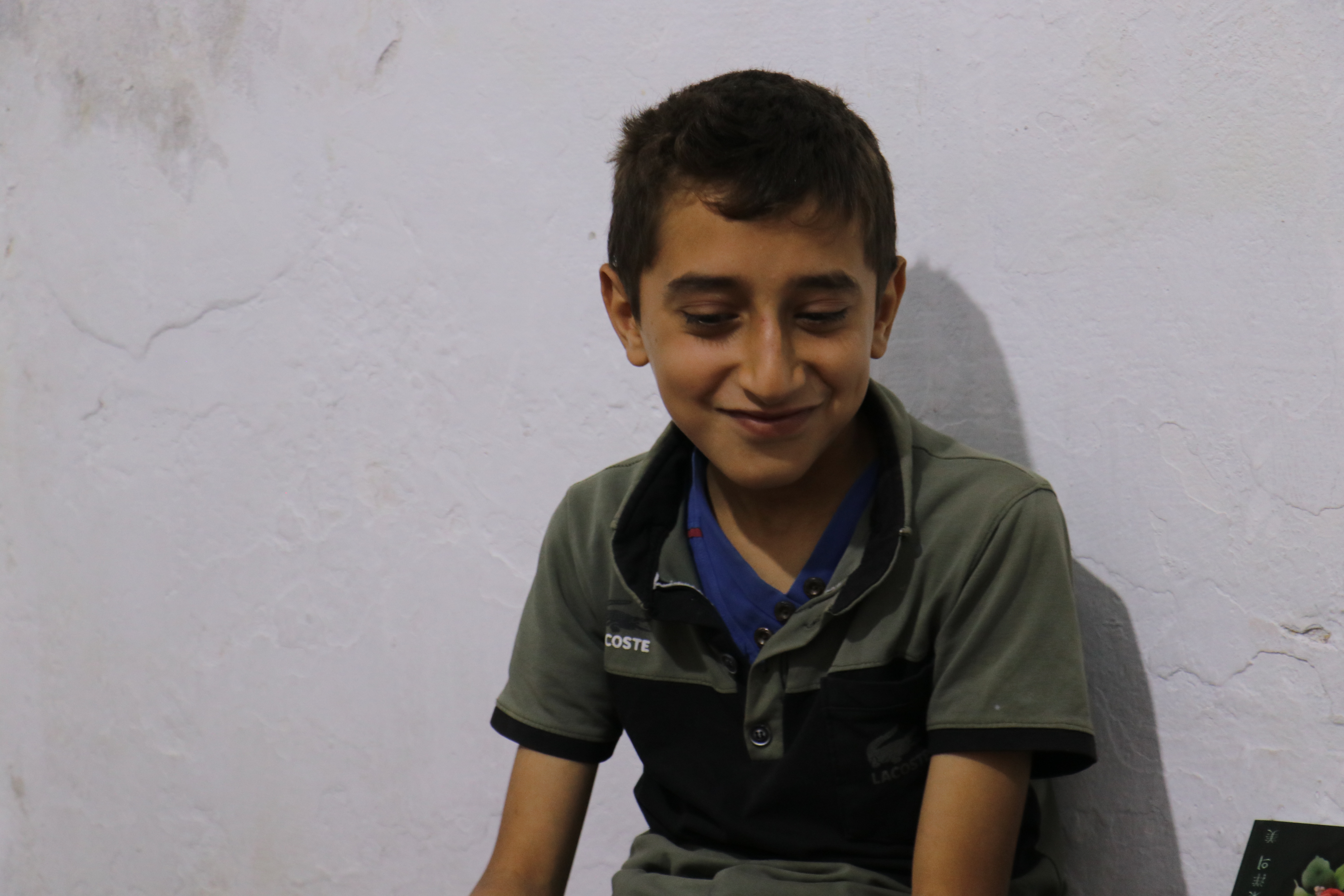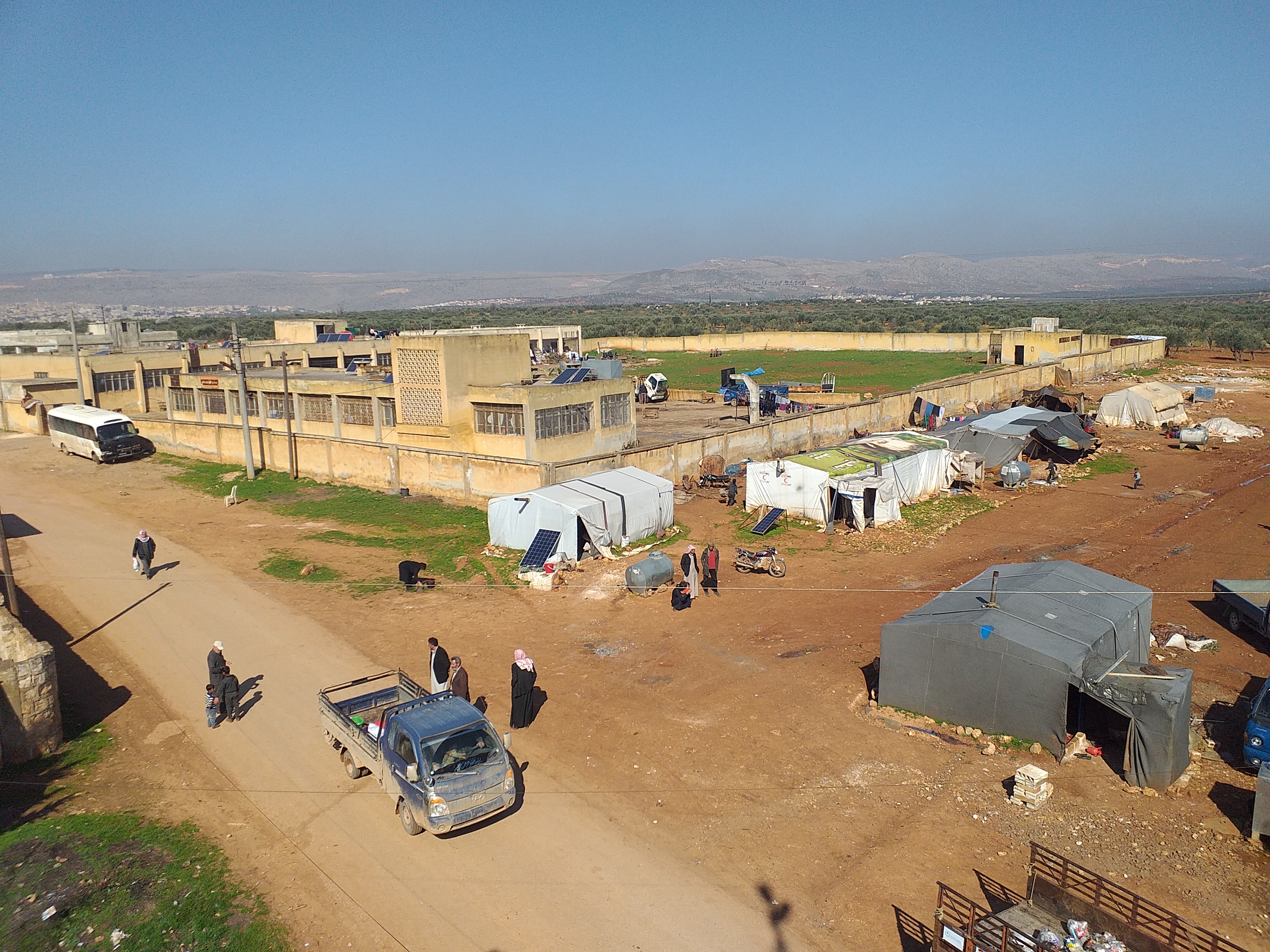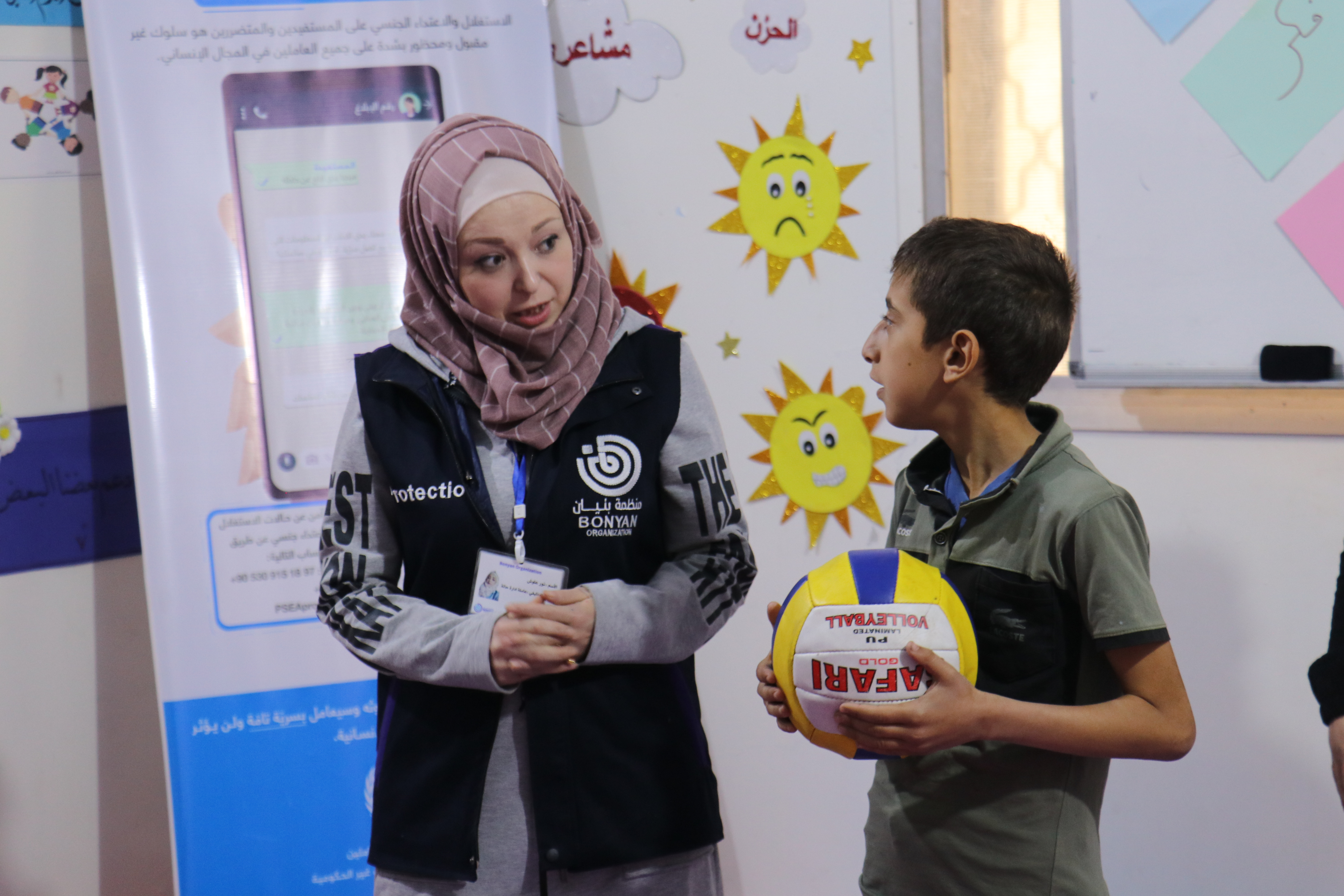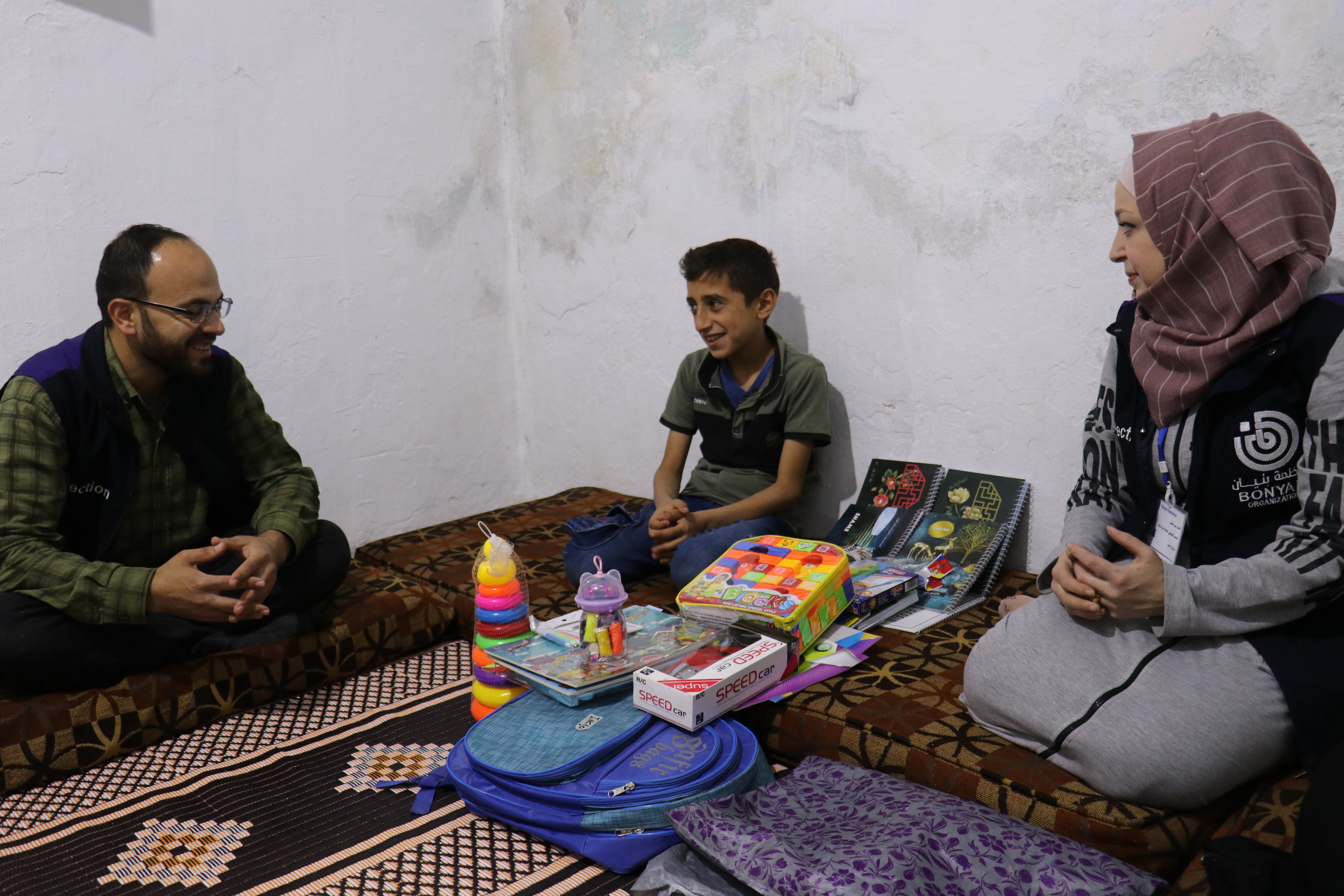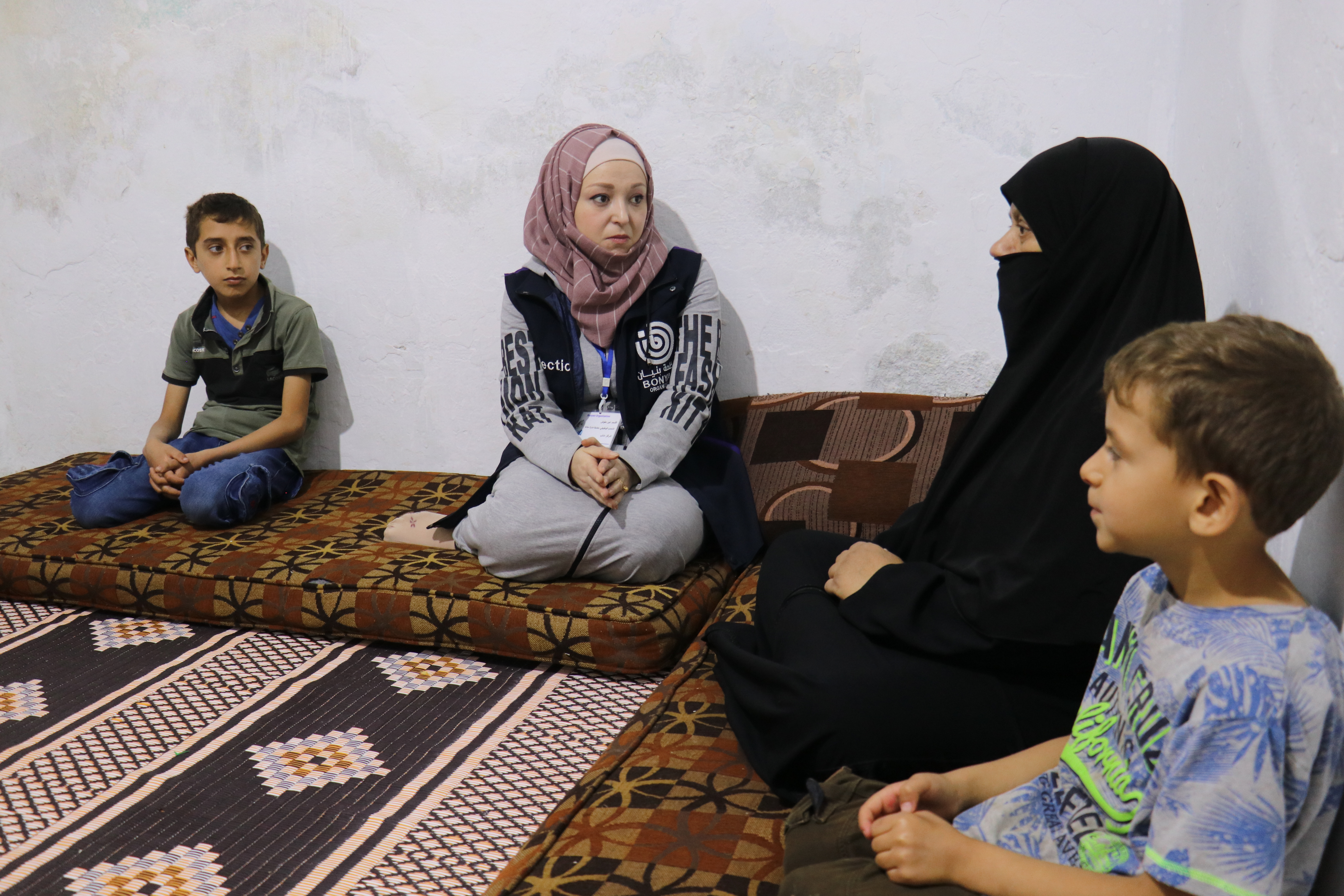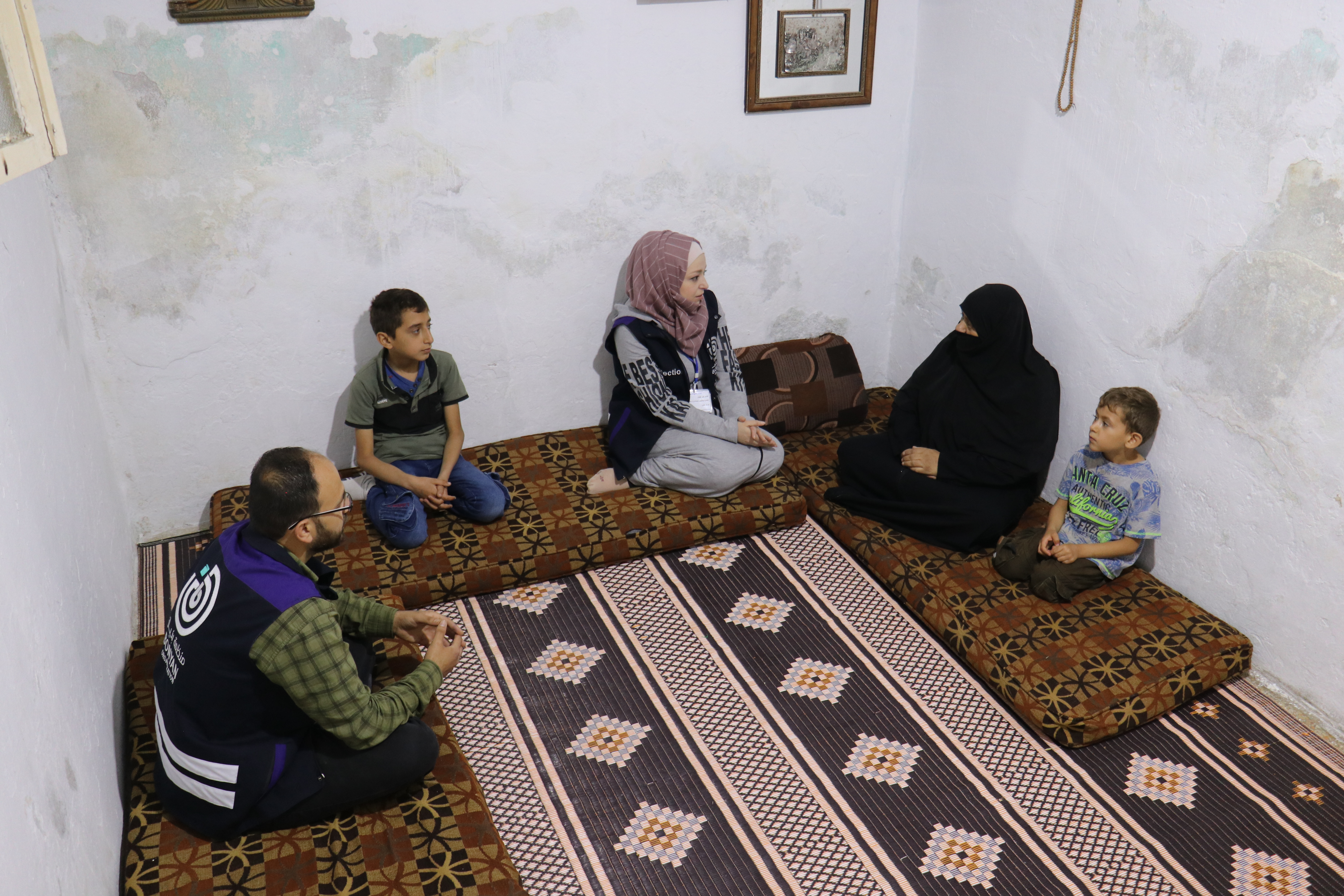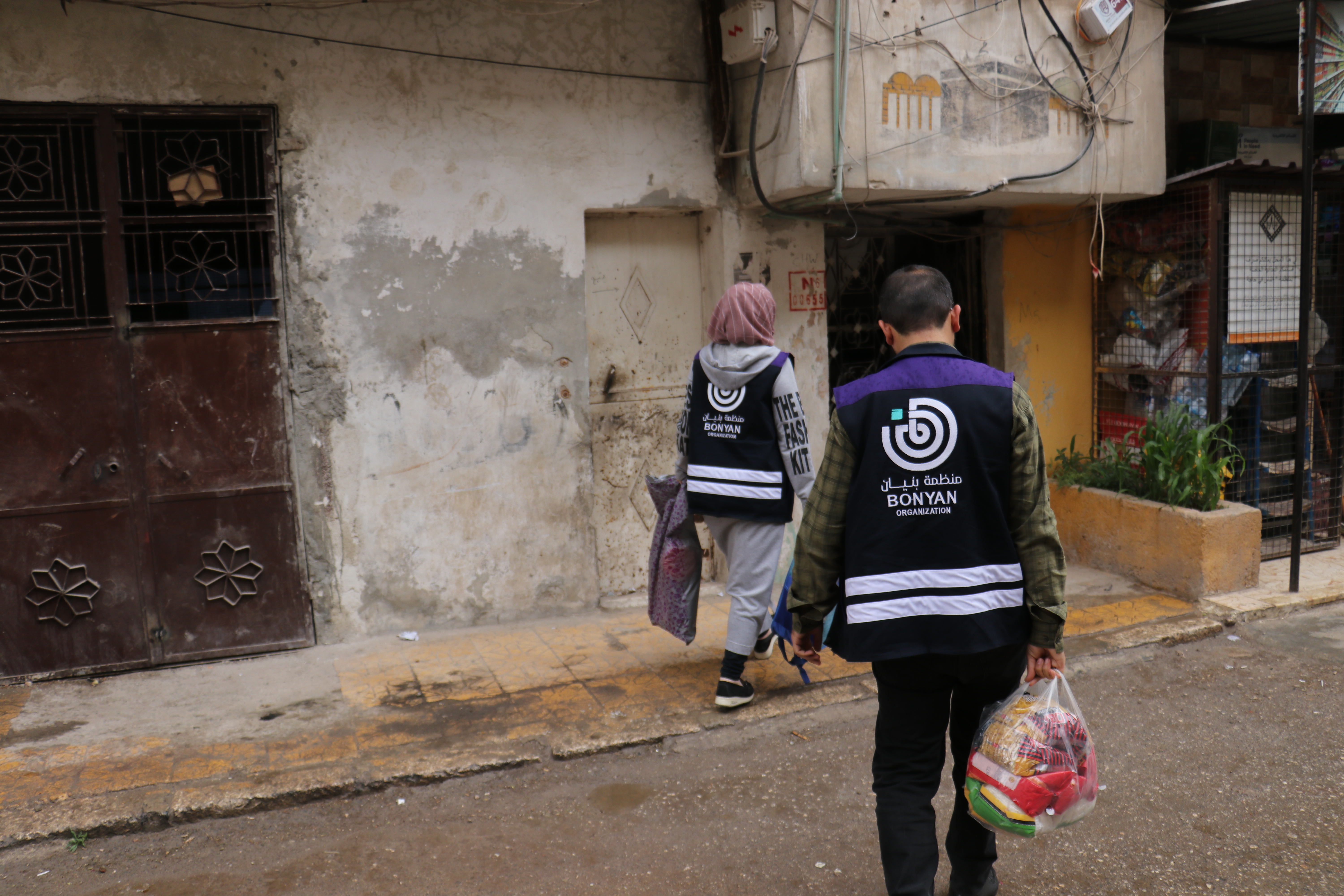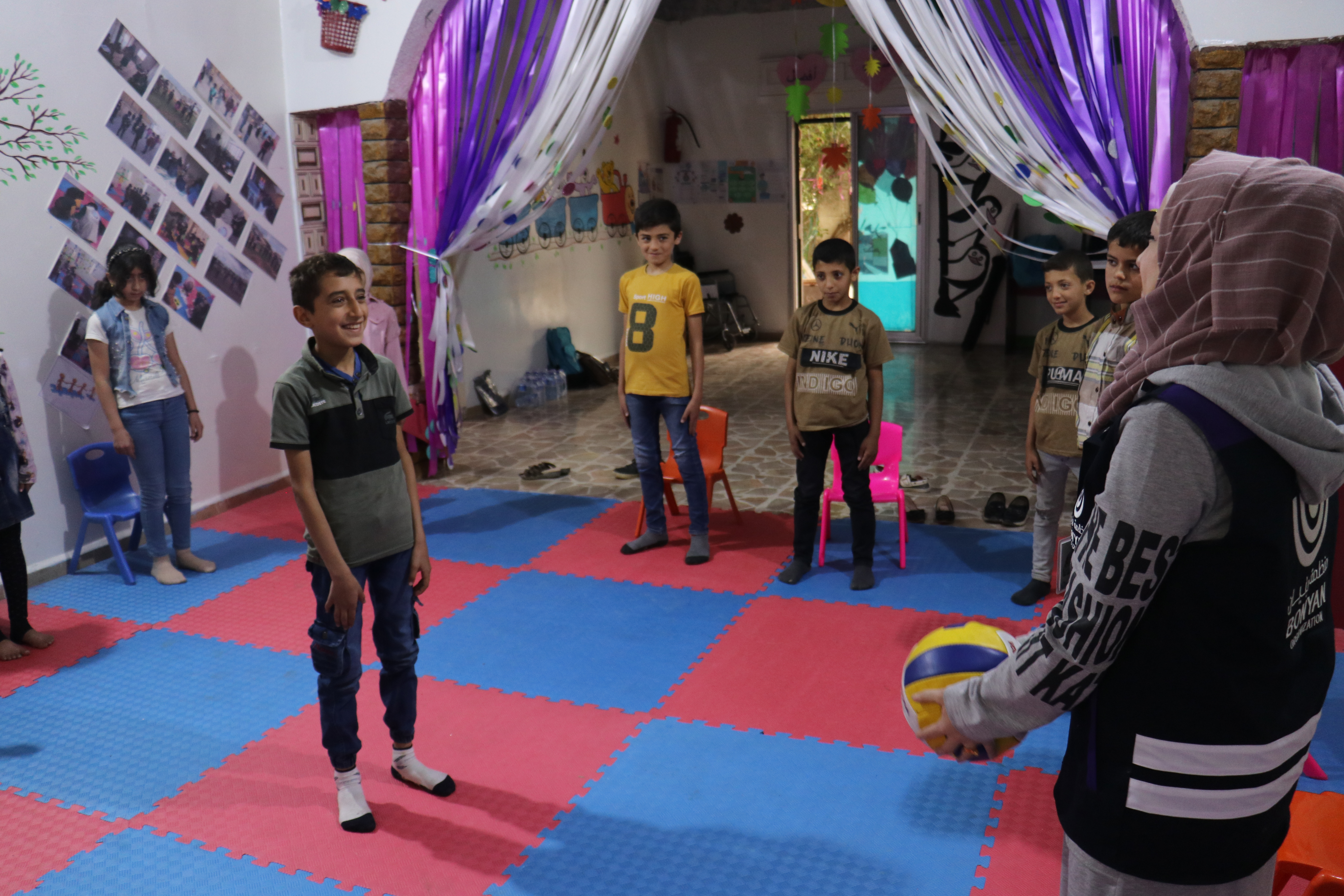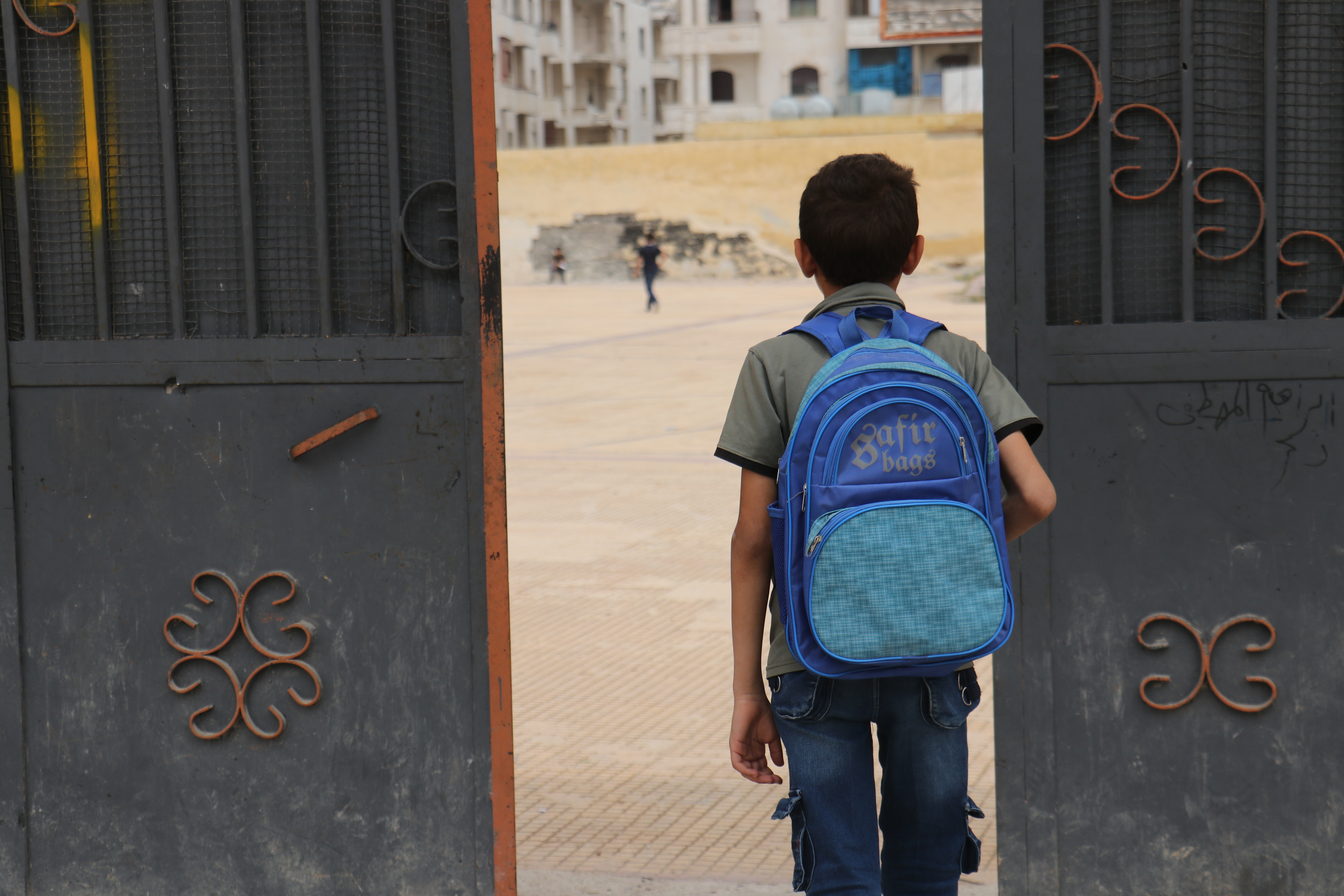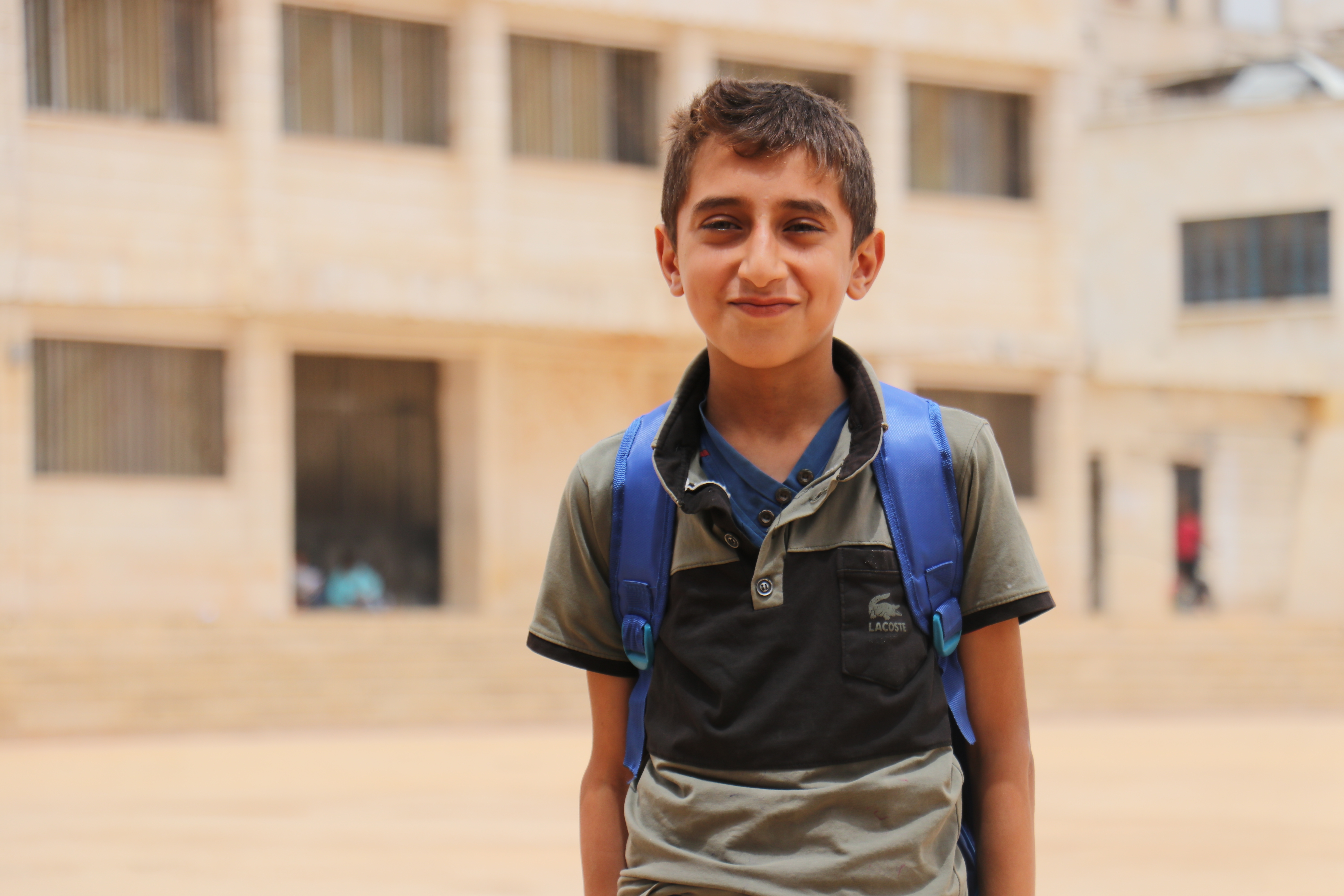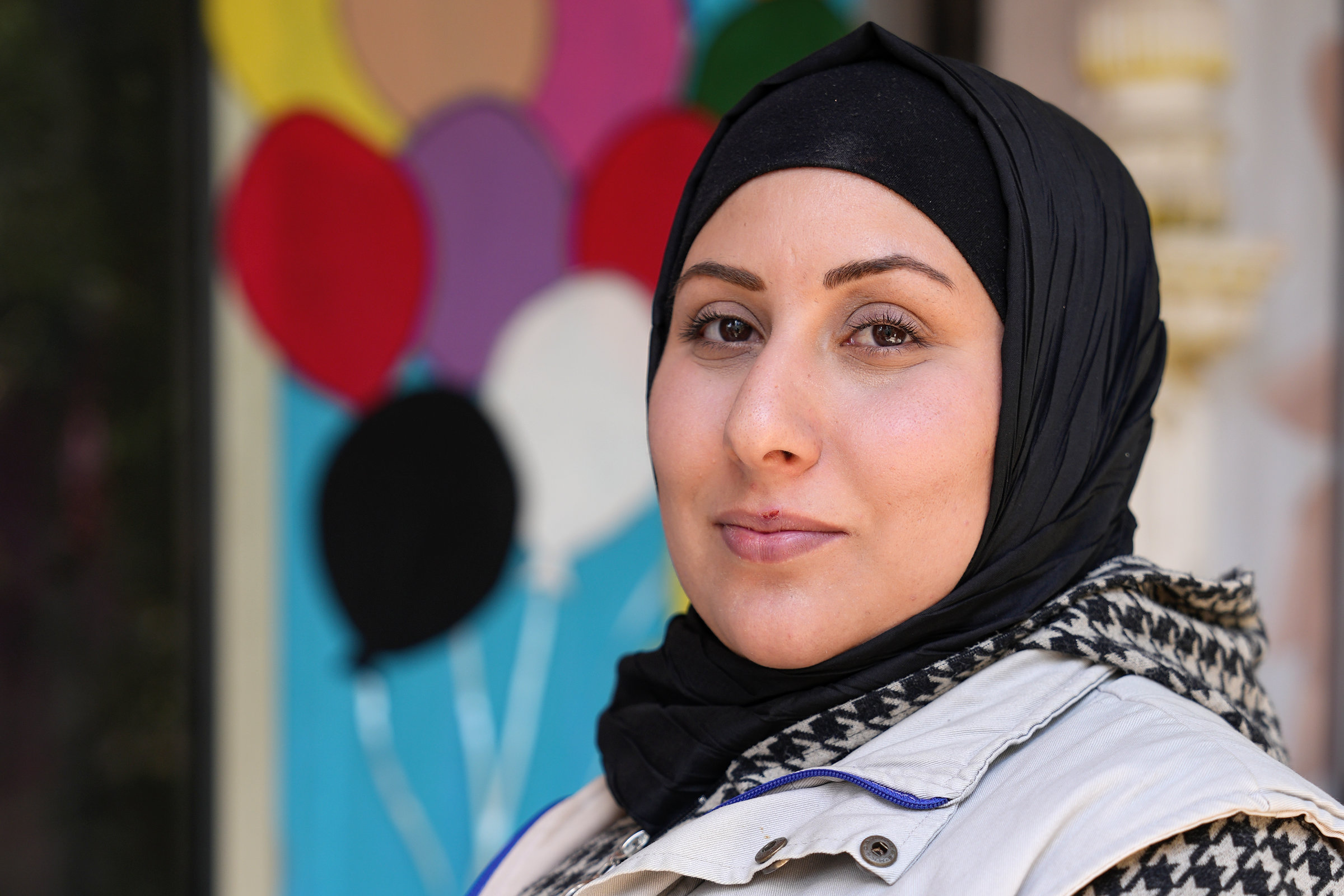Playing, learning, simply being a child - this is anything but a matter of course in North-west Syria. In the permanent crisis area, children and young people are confronted with an everyday life full of insecurity: This begins with the housing situation and does not end with the provision of what is needed to live. Particularly serious for the children are the lack of educational and developmental opportunities, which has already affected an entire generation since the beginning of the war in 2011.
The current situation is more disastrous than ever before. The earthquake of February 2023 has left another trail of destruction in the region, which is already marked by violence and displacement. Many families have lost their homes, the informal tent cities are overcrowded and mountains of rubble are piling up on the roadsides. The earthquake victims also include several school buildings, which is why only a fraction of the school kids still attend classes. Moreover, qualified staff is no longer available and the children can only dream of leisure activities. Instead, many children and adolescents have to contribute to the family income because of the horrendous local economic situation. They are forced to grow up far too early. For girls, this can mean being forced into marriage at an early age.
Children who cannot read, write or do maths have difficulties throughout their lives in finding information, communicating at an equal level and organising their lives. They lack an understanding of such important issues as health, safety and their own rights. Thus, the cycle of poverty and dependency continues. In the worst cases, they are drawn to extremists or become victims of exploitation and abuse.
Learning under difficult conditions
With a new education project, arche noVa focuses on the needs of children in Northwest Syria. First and foremost, this includes the possibility to learn how to read, write and calculate. Together with the local partner organisation, we therefore offer 800 children (7 to 15 years) basic lessons in Arabic, English and mathematics. Learning centres are set up for this purpose, for example in large tents or rented intact buildings. A total of 16 pedagogues will provide the lessons. The courses last two and a half months each and, depending on age and previous knowledge, enable the children to begin learning or to close learning gaps so that they can catch up with school.
Children affected by the earthquake as well as children in special need will participate. The Bonyan education team takes a lot of time to identify the families whose children are in particularly urgent need of support. In addition to teaching them about school, the focus is also on their social and psychological well-being.
Supporting children and families
The loss of relatives, the flight from violence, the collapse of the building in which one has found refuge - many children in North-west Syria have to deal with all these experiences. Many carry one or more traumas inside them. They often withdraw from the outside world, behave apathetically, frightened or unbalanced. Because they are under constant stress, they cannot concentrate - not even to play. Their resilience is damaged, and mental and physical illnesses can result.
Our project is aimed at 2,500 children who urgently need psychosocial support. They are invited to spend their free time in protected spaces playing games and sports, while receiving psychosocial support. In addition, the team of our local partner organisation Bonyan, which is specially trained for these services, dedicates itself to individual children who are at risk of a mental disorder or who show symptoms of such a disorder. If necessary and if there are signs of severe (post-)traumatic stress, the team refers the children to specialised services.
At a glance:
arche noVa has been working in the crisis region of Northwest Syria for more than ten years. Around 4.4 million people live here. About 2.8 million of them are internally displaced persons.
Our new education project is aimed at children affected by the earthquake and other children in special need in the region. Activities include:
- Repair work on three school buildings affected by the quake.
- Teaching Mathematics, Arabic and English to 800 children in learning groups.
- 16 learning pedagogues carry out these lessons.
- The learning groups are put together according to need, educational level and age.
- Mental Health and Psychosocial Support (PSS) and assistance for 2,500 children
- 14 staff members trained by the United Nations implement the services.
- The children receive group services and individual sessions.
- If necessary, children are referred to specialised institutions (MHPSS, Mental Health and Psychosocial Support).
- There are also joint sessions for parents and children to promote family coping with trauma and post-traumatic stress disorder within the families.
- Child protection is also promoted with the help of brochures in order to raise awareness among the population.

